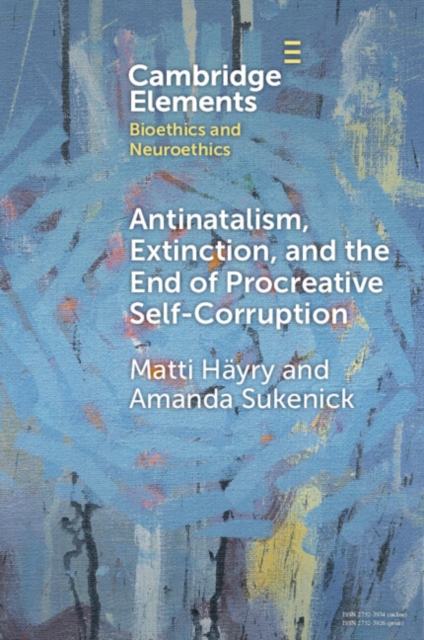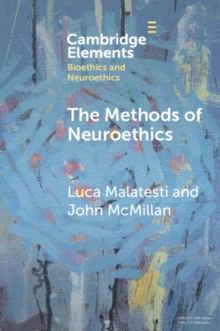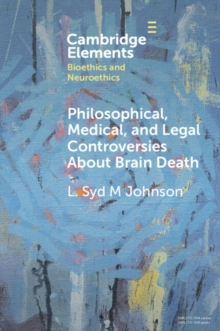
Antinatalism, Extinction, and the End of Procreative Self-Corruption Paperback / softback
by Matti (Aalto University School of Business) Hayry, Amanda (The Exploring Antinatalism Podcast) Sukenick
Part of the Elements in Bioethics and Neuroethics series
Paperback / softback
Description
This Element provides an exploration of antinatalism, the view that assigns a negative value to reproduction.
First, the history of Western philosophy as a two-and-a-half millennia reaction to antinatalist sentiments.
Human life has no obvious meaning and philosophers have been forced to build elaborate theories to invent imaginary purposes.
Second, analysis of the concept of antinatalism in the light of human extinction.
If people stop having children, the species will cease to exist, and this prospect has prompted attempts to find alternatives and excuses.
Third, outlines a normative view defending antinatalism both theoretically and practically.
If it is wrong to bring about suffering in the absence of redeeming meaning and if it is possible to create meaning only by imposing a pronatalist mentality upon children before they can make up their own minds, parents morally corrupt themselves by procreating.
This title is also available as Open Access on Cambridge Core.
Information
-
Less than 10 available - usually despatched within 24 hours
- Format:Paperback / softback
- Pages:84 pages, Worked examples or Exercises
- Publisher:Cambridge University Press
- Publication Date:14/03/2024
- Category:
- ISBN:9781009455305
Information
-
Less than 10 available - usually despatched within 24 hours
- Format:Paperback / softback
- Pages:84 pages, Worked examples or Exercises
- Publisher:Cambridge University Press
- Publication Date:14/03/2024
- Category:
- ISBN:9781009455305










